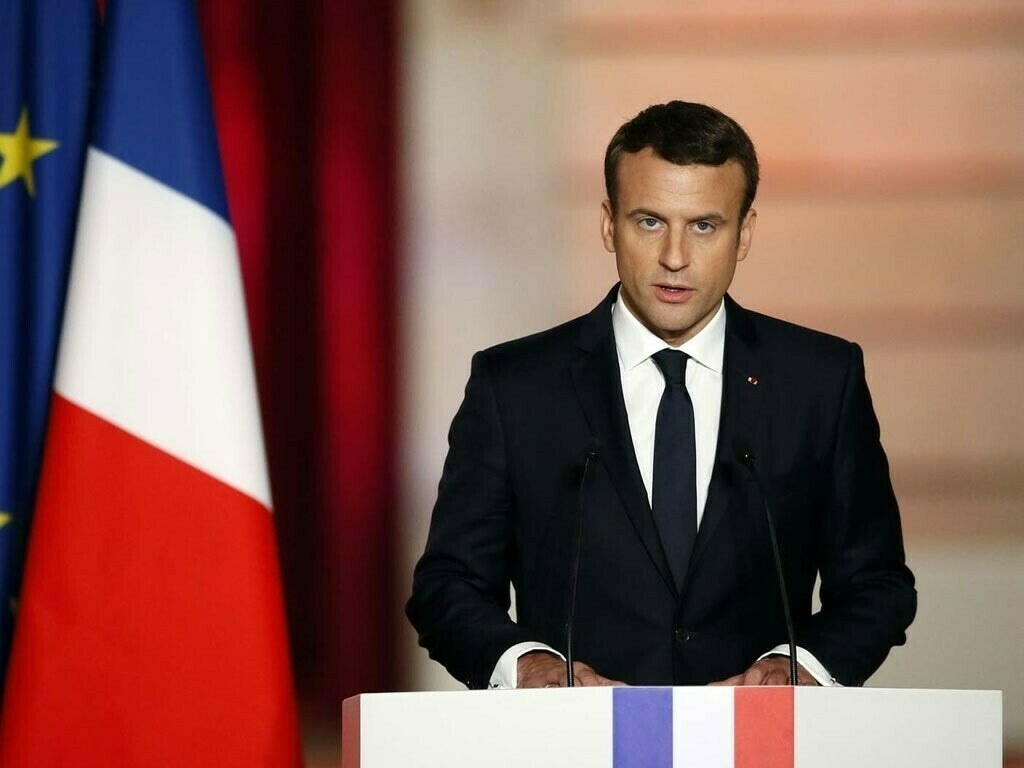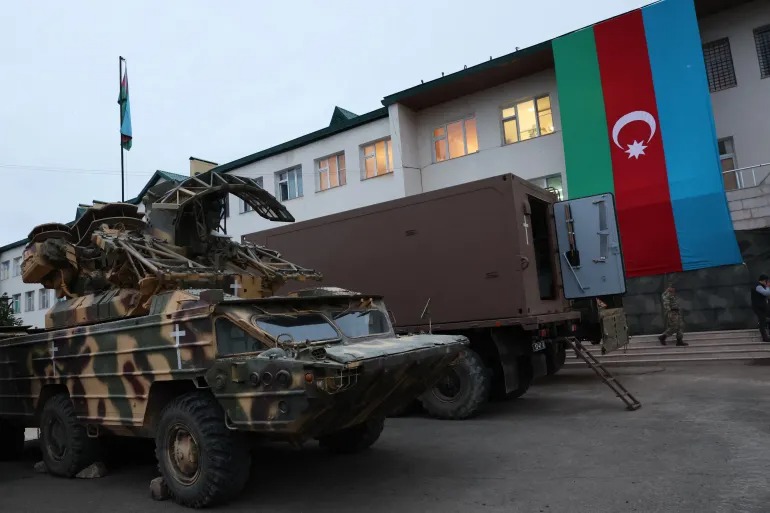French President Emmanuel Macron declared the withdrawal of France’s ambassador and troops from Niger, a decision that follows the July coup that toppled democratically-elected President Mohamed Bazoum. Macron’s decision has been met with mixed reactions and underlines the growing complexities in the Sahel region.
Macron’s Decision Echoes Long-standing Demands
The recent political upheaval in Niger had seen the new military rulers repeatedly demanding the exit of the French ambassador and troops after President Macron refused to acknowledge the coup. Macron, addressing the nation in a televised interview on Sunday, confirmed that France would be withdrawing its ambassador and diplomats from Niger. He further emphasized that military cooperation with the nation was now terminated and that the 1,500 French troops stationed in Niger would gradually withdraw in the “months and weeks to come,” culminating in a complete pullout “by the end of the year.”
This withdrawal comes after weeks of mounting pressure from both the military rulers and public demonstrations, with thousands taking to the streets of the capital, Niamey, demanding France’s exit, even gathering outside a military base housing French soldiers. Niger’s new rulers, who had insisted on France’s departure after Macron’s refusal to recognize the July 26 coup, welcomed this significant decision as a step toward the sovereignty of their nation.
Mixed Reactions to France’s Exit
The French withdrawal from Niger marks a significant development in the region, particularly in light of similar demands made to France in its former colonies, Mali and Burkina Faso. Al Jazeera’s Nicolas Haque, reporting from Dakar, Senegal, commented, “This is definitely a small victory for the government in transition, and perhaps an embarrassment for the French who have seen Mali, Burkina Faso, and now a third country in the Sahel where it is being asked by the government in place to leave the country.”
The French ambassador, who had been effectively confined within the embassy, unable to leave due to Niger security forces’ actions, is now preparing to return to France. Macron reaffirmed France’s stance, asserting that Bazoum was still the “sole legitimate authority” in Niger and had been targeted by the coup due to his courageous reforms and political resistance.
France’s military presence in Niger had initially been in response to a request from Niger’s government, a point reiterated by Macron. Niger’s military rulers decided to end military cooperation with France following the coup, claiming that Bazoum’s government had failed to adequately protect the country from armed rebellion in the Sahel region, which has been a hotspot for extremist groups affiliated with al-Qaeda and ISIS.
Sahel Region Faces Uncertainty Amid Growing Tensions
The situation in the Sahel region continues to be tense, with the Economic Community of West African States (ECOWAS) imposing sanctions in the aftermath of the July coup. ECOWAS had also warned of potential military intervention if diplomatic efforts to restore Bazoum to power proved futile. However, as regional countries threw their support behind the new military rulers, ECOWAS adjusted its rhetoric.
On September 16, the three Sahel countries—Niger, Mali, and Burkina Faso—affected by recent coups formed a mutual defense pact to counter potential armed rebellion or external aggression. These developments highlight the precarious security situation in the Sahel region and the complexities of regional diplomacy.
Macron’s decision to withdraw France’s ambassador and troops from Niger underscores the evolving dynamics in the Sahel and the challenges faced by Western countries in their efforts to combat extremist groups in the region. As the Sahel region remains a focal point of violence linked to al-Qaeda and ISIS-affiliated groups, the future trajectory of this vital area remains uncertain. Meanwhile, allegations of international interference, as seen in the case of United Nations Secretary-General Antonio Guterres, add another layer of complexity to the region’s already intricate geopolitical landscape.
















